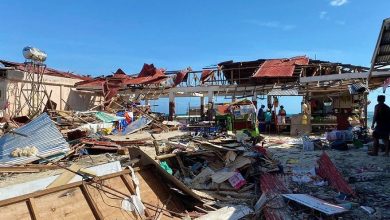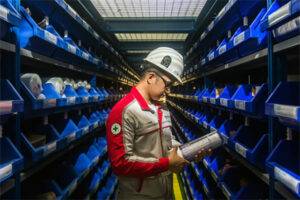Regional FDI pushed as measure against slowdown in global investment

ASEAN countries must confront the global investment slowdown head-on by stepping up intra-regional investment, the United Nations Conference on Trade and Development (UNCTAD) said.
In a report, “Global economic fracturing and shifting investment patterns: A diagnostic of 10 FDI trends and their development implications,” UNCTAD said global foreign direct investment (FDI) is expected to re-main stagnant in the coming years.
However, increased regional FDI offers developing countries a “secure source” of investment, amid uncertainty in key global investors such as the US and China.
“The growth of regional value chains can also stimulate the process of local development by fostering internal specialization within the region and by opening opportunities to structural transformation and value chain upgrad-ing,” UNCTAD said.
The Philippines relies on FDI from both ASEAN and non-ASEAN partners to drive job generation and growth, as it grapples with supply constraints, increasing debt, and post-pandemic effects.
“Some regional economic cooperation initiatives, such as the ASEAN, are making significant progress in stimulating intra-regional trade and investment. However, despite significant policy efforts over several decades, regional FDI still ac-counts for only about 15% of total FDI in the region,” the report said.
Intra-ASEAN FDI inflows in the first half of 2023 declined 33.7% year on year to $10.4 billion, ASEAN said in its December update.
“They need to consider options to build or strengthen the infrastructure required to enable the growth of regional trade and investment. This includes regional transportation links, but also regional industrial infrastructure, such as border industrial zones or shared special economic zones (SEZs), which can be instruments of regional industrial policy and hubs for the development of industrial clusters serving regional markets,” the report said.
The global shifts in FDI are expected to take a toll on manufacturing, which is facing the consequences of “deglobalization.” “This is evidenced not only by reduced FDI but also by reduced trade in intermediate inputs.”
Analysts have noted that “decoupling” of the US and China could hurt Philippine trade, with manufacturers relying on demand from both countries. China is also a crucial sorce of imports for the Philippines.
Instead of “competing” with its ASEAN neighbors, the Philippines must move to integrate its markets with the region, Ateneo de Manila economics professor Leonardo A. Lanzona said.
“To strengthen our FDI from within ASEAN, we then need to engage more in cooperative forms of production and to try to participate more in value chains that are developed within ASEAN,” he said in a Messenger chat. — Beatriz Marie D. Cruz




